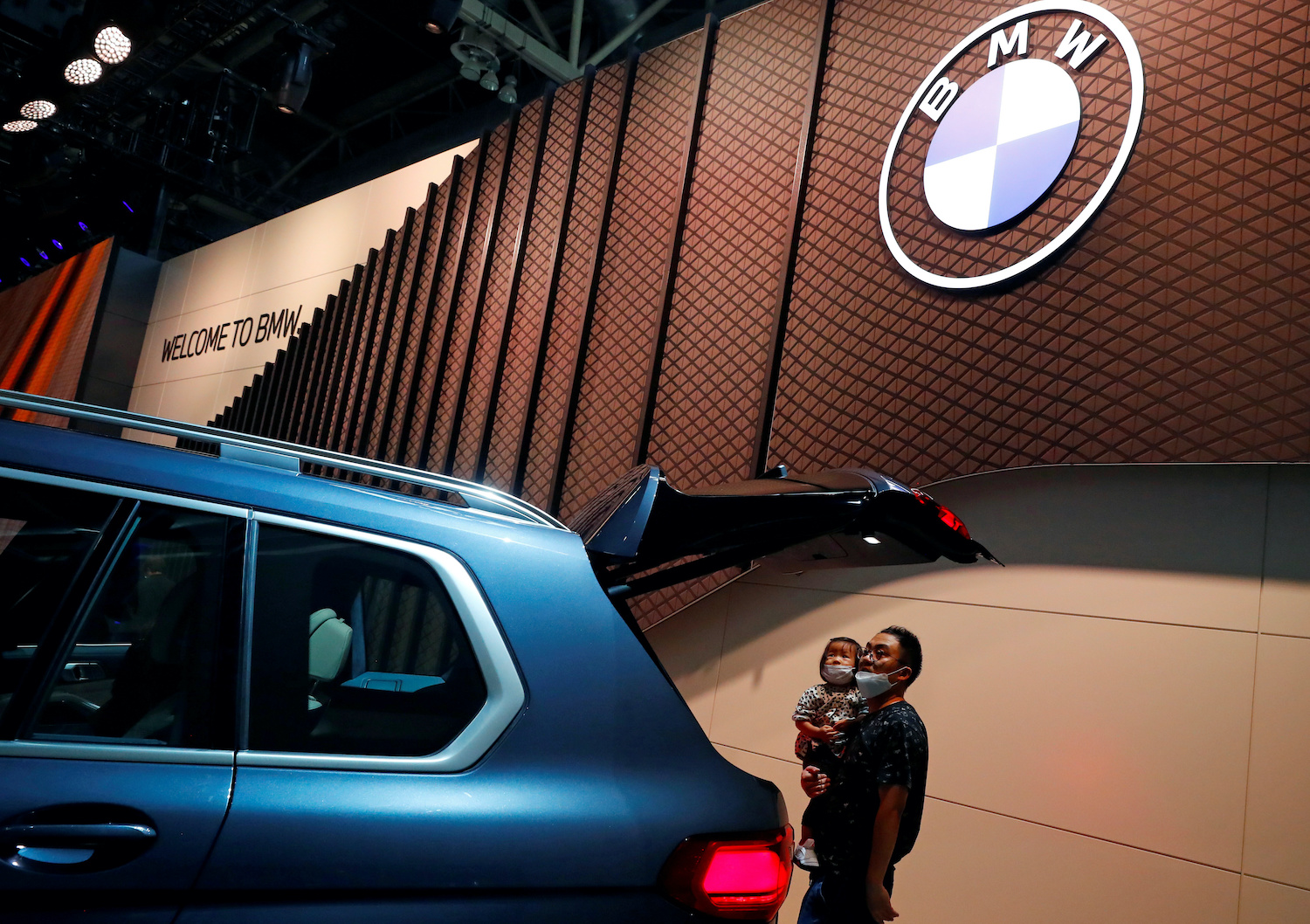(ATF) Shares in Brilliance China Automotive Holdings Ltd – BMW’s main Chinese partner – jumped by up to 25% on Wednesday after news emerged that FAW Group is looking at taking over the company.
The potential acquisition by state-owned FAW, China’s No. 2 automaker, comes at a time when Brilliance’s top shareholder Huachen Automotive Group is on the brink of bankruptcy, having defaulted on 6.5 billion yuan ($1 billion) in debt obligations late last year.
Sources have told Reuters that a takeover that could cost more than $7 billion is being discussed with the aim of taking the company private.
Under plans currently being discussed, FAW would purchase the 30.43% of Brilliance owned by Huachen and 11.89% owned by the state-controlled Liaoning Provincial Transportation Investment Group, the sources told Reuters.
It would then make a mandatory bid for the rest of Brilliance’s shares.
It is reportedly considering offering about HK$11 per share for the two-stage deal, which would be a 70% premium to its average share price over the past month of HK$6.48. The shares were trading at HK$6.70 on Wednesday morning, before jumping when the news emerged.
To conduct a deal, FAW is looking at setting up an offshore investment vehicle and is seeking other investors, said the sources, who declined to be identified as the discussions were confidential.
FAW and BMW declined to comment. Brilliance, Liaoning Provincial Transportation Investment Group did not immediately respond to requests for comment, Reuters said.
Huachen said the information was false but did not elaborate. Liaoning province’s state asset regulator, which owns a majority stake in Huachen, also did not immediately respond to a request for comment.
Reuters reported in September that Liaoning Provincial Transportation Investment Group was planning to lead a consortium of Chinese state-backed investors to take Brilliance private. However, the plan had been put on hold due to differences in valuations and financing difficulties, one of the sources said.
With reporting by Julie Zhu, Reuters
























